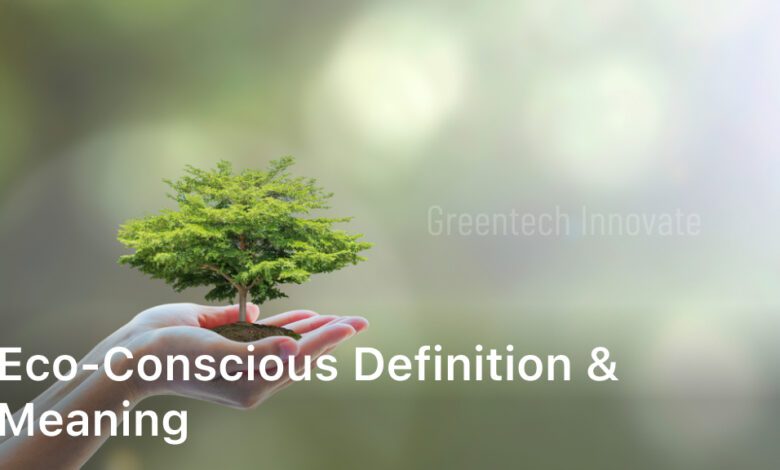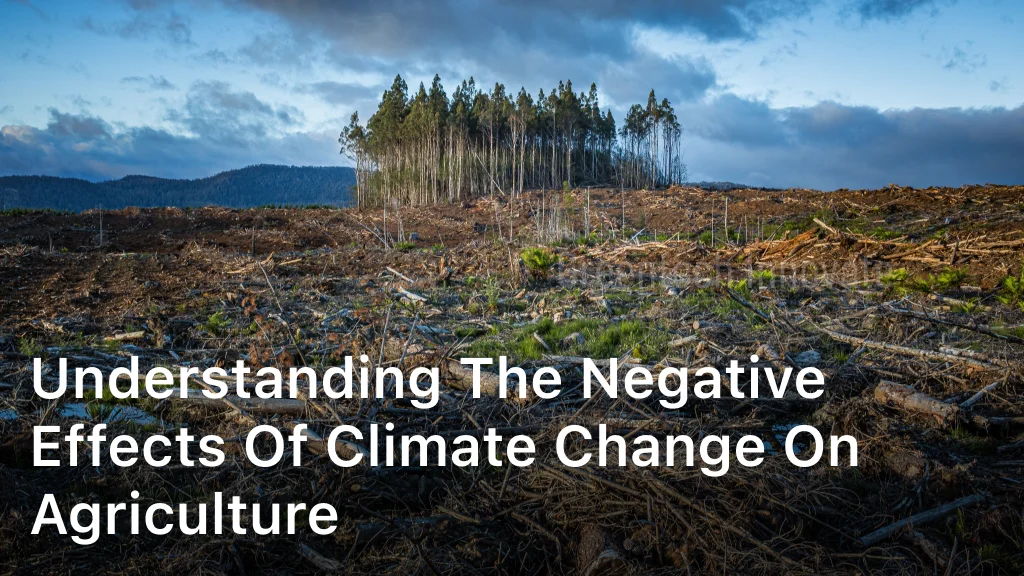
Welcome to our article on eco-consciousness! In this section, we will explore the definition and meaning of being eco-conscious. Being eco-conscious means making sustainable choices that have a positive impact on both our lifestyle and the planet. By understanding the principles of eco-consciousness, we can make informed decisions that contribute to a more sustainable future. So, let’s dive in and discover how we can make eco-conscious choices that create a positive impact!
Understanding Eco-Consciousness
In this section, we will delve deeper into the concept of eco-consciousness. By understanding what it means to be eco-conscious, why it is important, and how it can shape our everyday choices and behaviors, we can make informed decisions that contribute to a more sustainable future.
Eco-consciousness encompasses a mindfulness about our impact on the environment. It involves actively considering the consequences of our actions and making choices that align with sustainable values. By being eco-conscious, we can collectively create a positive impact on the planet and promote a healthier and more balanced world.
Being eco-conscious goes beyond just recycling or using reusable shopping bags. It is about adopting a holistic approach to our lifestyle, understanding the interconnectedness of our actions and the environment, and striving to make mindful choices that reduce our ecological footprint.
The Importance of Eco-Consciousness
Eco-consciousness is crucial because it empowers us to take responsibility for our impact on the planet. By being aware of our actions and their environmental consequences, we can make conscious choices that contribute to the conservation of natural resources, the protection of ecosystems, and the preservation of biodiversity.
When we embrace eco-consciousness, we become agents of change, inspiring others to follow suit and collectively working towards a sustainable future. By showing that every individual’s actions matter, we can create a ripple effect that leads to greater environmental awareness and a positive impact on the planet.
Shaping Everyday Choices and Behaviors
Eco-consciousness can significantly influence our everyday choices and behaviors. From the products we purchase to the energy we consume, there are numerous opportunities for eco-conscious decision-making in our daily lives.
- Choosing products made from sustainable materials or produced by eco-friendly brands
- Reducing waste by practicing recycling, composting, and minimizing single-use items
- Conserving energy by opting for energy-efficient appliances and embracing renewable energy sources
- Supporting local and organic food options to reduce our carbon footprint
- Opting for alternative transportation methods like biking or using public transport
By incorporating these eco-conscious choices into our routines, we actively contribute to a sustainable future and demonstrate our commitment to preserving the planet for future generations.
Making Sustainable Choices

When it comes to living an eco-conscious lifestyle, every choice we make can have a positive impact on the planet. By focusing on sustainable choices, we can minimize our environmental footprint and contribute to a more sustainable future. Here are some practical ways for eco-conscious individuals to align their actions with their values:
1. Reduce Waste
- Choose reusable alternatives such as stainless steel water bottles, cloth shopping bags, and refillable coffee cups.
- Opt for products with minimal packaging or packaging made from recycled materials.
- Compost organic waste instead of sending it to the landfill.
2. Conserve Energy
- Switch to energy-efficient appliances and LED light bulbs.
- Unplug electronics when not in use to avoid standby power consumption.
- Use natural lighting and ventilation instead of relying solely on artificial sources.
3. Support Ethical and Eco-friendly Brands
- Research and choose brands that prioritize sustainability and ethical practices.
- Look for certifications like Fair Trade, Organic, and Forest Stewardship Council (FSC) for reassurance.
- Opt for locally sourced products to reduce transportation emissions.
4. Embrace Sustainable Transportation
- Walk, bike, or use public transportation whenever possible.
- Consider carpooling or using ride-sharing services to reduce individual carbon emissions.
- Invest in hybrid or electric vehicles for long-term eco-conscious transportation.
5. Choose Plant-based Options
- Reduce the consumption of animal products and incorporate more plant-based meals into your diet.
- Support local farmers who practice sustainable agriculture.
- Consider growing your own herbs, vegetables, or fruits in a backyard garden or community garden.
By making these sustainable choices, we can create a greener future for ourselves and future generations. Remember, every small action counts and together, we can make a significant difference in protecting the environment.
Conclusion
In conclusion, being eco-conscious means being mindful of our impact on the environment and making sustainable choices that prioritize the well-being of the planet. By adopting an eco-conscious lifestyle, we can contribute to a more sustainable future and inspire others to join this important movement.
Being eco-conscious goes beyond simply recycling or using reusable shopping bags. It involves making informed decisions that consider the environmental, social, and economic implications of our actions. Whether it’s opting for eco-friendly products, reducing energy consumption, or supporting ethical brands, every choice we make has the potential to create a positive impact.
Let’s strive to be eco-conscious in all aspects of our lives – from our daily habits to our purchasing decisions. Embracing sustainable practices not only benefits the Earth but also promotes a healthier lifestyle for ourselves and future generations. Together, we can make a difference and leave a lasting legacy of a greener and more sustainable world.
FAQ
What does it mean to be eco-conscious?
Being eco-conscious means being mindful of our impact on the environment and making sustainable choices that prioritize the well-being of the planet.
Why is being eco-conscious important?
Being eco-conscious is important because it allows us to minimize our environmental footprint and contribute to a more sustainable future.
How can I be eco-conscious in my daily life?
There are many ways to be eco-conscious in your daily life. You can start by reducing waste, conserving energy, supporting ethical and eco-friendly brands, and making sustainable choices whenever possible.
What are some examples of sustainable choices?
Some examples of sustainable choices include using reusable bags and water bottles, opting for public transportation or carpooling, consuming locally sourced and organic products, and practicing mindful consumption.
How can being eco-conscious have a positive impact?
Being eco-conscious can have a positive impact by helping to reduce pollution, conserve resources, protect biodiversity, and create a more sustainable and livable planet for future generations.




